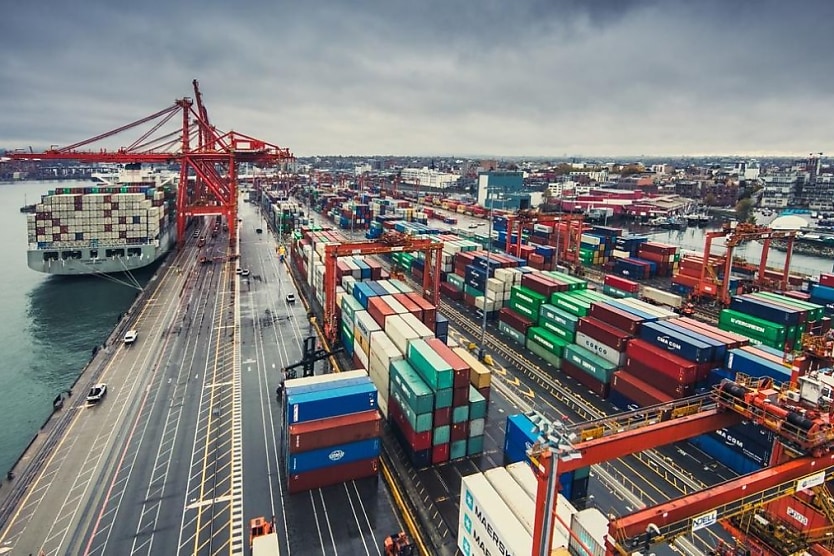DP World supply chain debacle: A repeat of the 1998 waterfront dispute?
SHARE THIS ARTICLE

Industrial action between the Maritime Union of Australia and DP World stevedores spells danger for national supply chain management and workers alike. What are the experts saying?
When last year, HR Leader spoke to an academic on the ongoing legacy of the 1998 waterfront disputes, we understood the conflict was something of a watershed in the nation’s industrial relations landscape. Legacy is one thing, but the idea of the conflict reoccurring was certainly far from our minds.
Recently, though, some have speculated that we’re seeing just that.
Since October last year, many workers at Dubai-based stevedore DP World – whose throughput operations account for 40 per cent of Australia’s total throughput – have been engaged in protected industrial action over claims that the company wants to stop paying penalty rates.
Last week, the dispute reached something of a crescendo as the workers, who claim membership to the Maritime Union of Australia (MUA), floated eight-hour delays and bans on a range of shipping lines. Though the MUA pulled the worst of its punches, it is continuing with some pauses on work and refusing overtime, among other less severe stoppages and certain disruption activities.
The MUA is eyeing a 16 per cent pay raise over two years. So far, the action has been estimated to have cost the national economy more than $84 million per week.
“The current ongoing industrial actions at DP World container terminals around the country have been going for some time now,” said RMIT Professor in Logistics and Supply Chain Management Vinh Thai.
“While the union has the right to enact industrial actions to protect workers’ rights, the port operators also have their justifications as industrial actions can lead to disastrous impacts not only on their own business but also on supply chains, the national economy, and society,” added Professor Thai.
While many are likening the dispute to the 1998 waterfront dispute, others are reticent to apply the label to what are – apart from the obvious geographic similarity – otherwise quite unique situations.
“While there is some potential for the current dispute to cause disruption to supply chains and the national economy, this is a regular form of industrial conflict over pay and conditions – nothing like the 1998 episode, in which the Howard government and Patrick Stevedores sought to de-unionise the waterfront,” explained RMIT distinguished Professor Anthony Forsyth.
DP World, for its part, is hoping the federal government will intervene by terminating the industrial action. The employment minister, said Professor Forsyth, has the right to do so under the Fair Work Act if the action “threatens to cause harm to the welfare of the community or damage to the Australian economy”.
As the conflict goes on, those criteria are certainly coming more into view. However, the power has never before been invoked, and, according to Professor Forsyth, it is exceedingly unlikely that its first invocation will come under a Labor government.
While termination of the action might be unlikely, employment minister Tony Burke has agreed to meet with the company after he and Prime Minister Anthony Albanese knocked back several such requests.
If the employment minister won’t intervene, DP World is entitled to apply for an order from the Fair Work Commission terminating the action for the same reasons. Any such application would have to meet a certain threshold of operational disruption, which, Professor Forsyth claimed, the MUA has been strategically avoiding meeting.
“As the dispute drags on, the Albanese government will come under increasing pressure to steer the parties towards a resolution in the national interest,” concluded Professor Forsyth.
Nick Wilson
Nick Wilson is a journalist with HR Leader. With a background in environmental law and communications consultancy, Nick has a passion for language and fact-driven storytelling.

